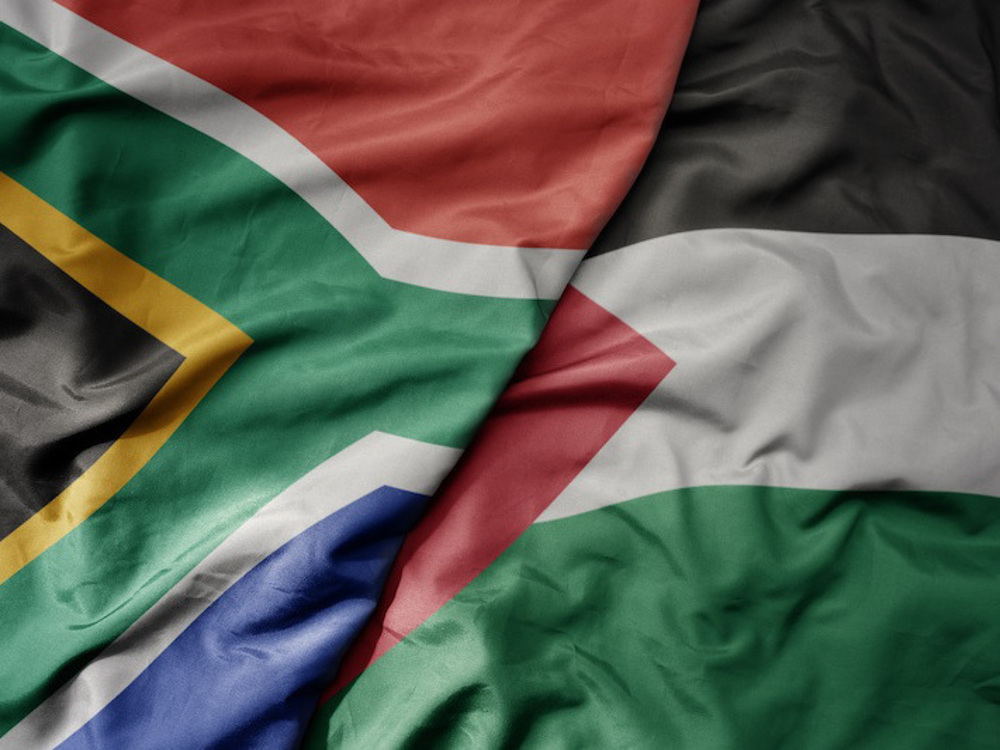UNHCR concerned about over 30,000 Central Africans fleeing election violence
More than 30,000 people have been forced to flee the Central African Republic due to violence surrounding its elections, the UN said Friday, and tens of thousands more have been internally displaced.
UNHCR, the United Nations Refugee Agency, said those who have left the CAR for neighboring countries needed urgent assistance with water, shelter, health care and sanitation.
More than 24,000 crossed into the Democratic Republic of the Congo (DRC), while nearly 4,500 arrived in Cameroon, a further 2,200 in Chad and about 70 in the Republic of Congo.
"The UN Refugee Agency is concerned that violence and insecurity surrounding the December 27 general election in the CAR has forced over 30,000 people to flee" across the borders, spokesman Boris Cheshirkov told reporters in Geneva.
"Inside CAR, 185,000 people from at least 25 localities have fled, mostly as a preventative measure, into the bush and forests since December 15," he added.
While thousands have since returned home, some 62,000 people remain newly internally displaced, he said.
Landlocked CAR is one of the world's poorest nations and has seen a string of coups and wars since it gained independence from France in 1960.
CAR opposition figures on Tuesday called for the election to be annulled due to "numerous irregularities."
The electoral authority declared incumbent President Faustin Archange Touadera the winner late on Monday with almost 54 percent of the ballot.
"UNHCR is concerned about reports of human rights violations taking place inside CAR and urges governments in all neighboring countries to continue granting access to asylum and supporting local authorities to register new arrivals," said Cheshirkov.
"Most arrivals are staying with host communities or in makeshift shelters. They urgently need water, shelter, access to health and adequate sanitation to prevent the spread of Covid-19 and other diseases."
Of those who crossed into the DRC, at least 15,000 arrived in Ndu village, which has a population of 3,500, placing a "massive strain" on resources and host families, he said.
(Source: AFP)
D-8’s role in Iran’s economy after Cairo summit
China slams US as ‘war-addicted’ threat to global security
China ‘firmly opposes’ US military aid to Taiwan
VIDEO | Press TV's News Headlines
President Yoon Suk Yeol to be removed from office
At least 19 Gazans killed by Israeli airstrikes since dawn: Medics
Leader: Iran neither has nor needs proxy forces
US fighter aircraft shot down ‘in friendly fire’ amid aggression on Yemen











 This makes it easy to access the Press TV website
This makes it easy to access the Press TV website